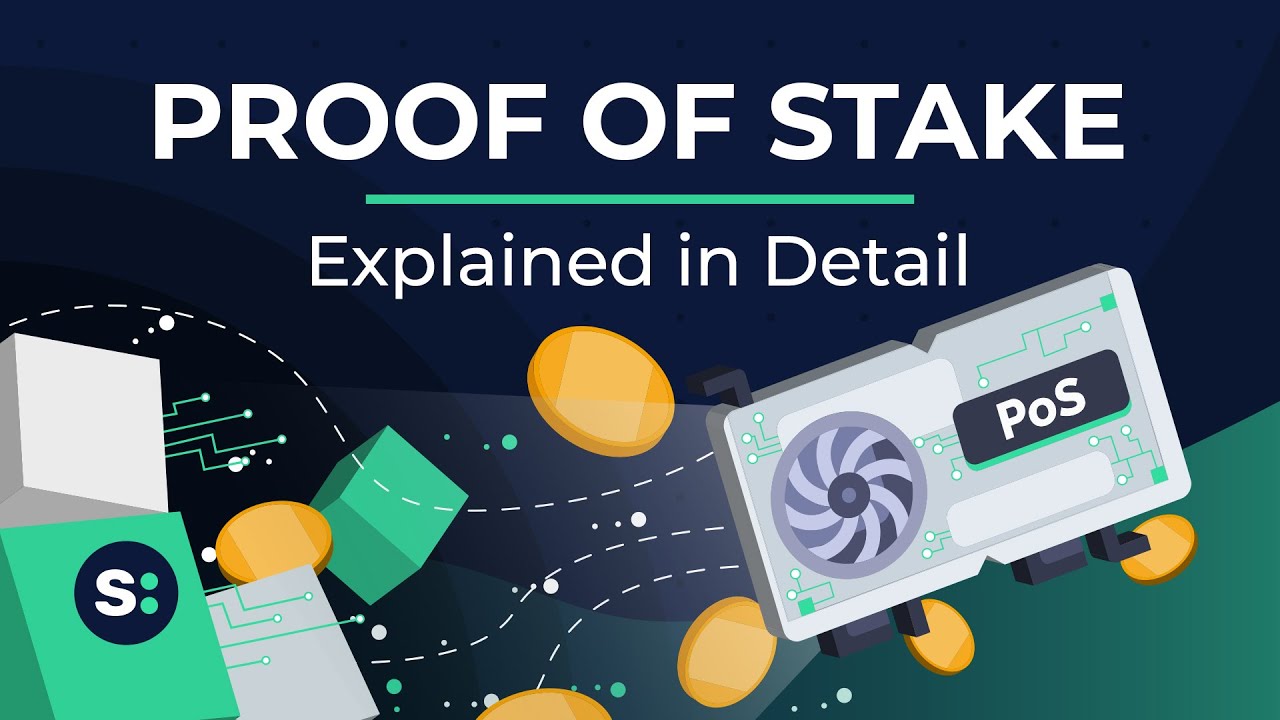In the world of cryptocurrencies, there are different ways to secure and validate transactions. One popular method is called Proof-of-Stake (PoS). In PoS blockchains, special people known as validators play a big role. But what do validators do, and why are they important?
Validators are like referees in a game. They help make sure that all the transactions happening in the blockchain are correct and fair. Instead of solving complex math problems, like in another method called Proof-of-Work, validators are chosen to create new blocks based on how much cryptocurrency they hold and are willing to “stake,” or lock up, as a guarantee. This means the more coins a person has, the bigger their chances are to be a validator.
When a validator successfully checks transactions and adds a new block to the blockchain, they earn rewards. This encourages them to act honestly because if they cheat, they could lose their staked coins. So, validators help keep the network safe and reliable.
To sum it up, validators in Proof-of-Stake blockchains are crucial for making sure that all transactions are handled correctly. They help secure the network and earn rewards for their work, making the whole system run smoothly.
What is Proof of Stake – Explained in Detail (Animation)
Glossary:
1. Proof-of-Stake (PoS): A method of securing a blockchain by selecting validators based on the number of coins they hold.
2. Validator: A person or entity that checks transaction validity and creates new blocks in the blockchain.
3. Stake: The amount of cryptocurrency that a validator locks up as a guarantee for honest behavior.
4. Blockchain: A digital ledger that records all transactions across a network.
Understanding the Role of Validators in Proof-of-Stake Blockchains
In the world of cryptocurrencies, a blockchain is a digital ledger that records all transactions across a network. One of the most popular methods to secure these blockchains is called Proof-of-Stake (PoS). In this system, validators play an essential role. This material will explore what validators are, why they are important, and the challenges they face, along with solutions to these problems, all explained in simple terms.
What are Validators?
Validators are participants in a Proof-of-Stake blockchain who are responsible for verifying transactions and adding them to the blockchain. Unlike traditional miners who compete to solve complex mathematical problems, validators are chosen based on the number of coins they hold and are willing to “stake.” This means they lock up their cryptocurrency as collateral to ensure honesty in their actions.
How Do Validators Work?
- Staking: Validators stake their coins to take part in the consensus process. The more coins they stake, the higher the chance they have of being selected to validate a new block of transactions.
- Validation: When selected, the validator checks the transactions within a block. If everything is correct, they add the block to the blockchain.
- Rewards: For their work, validators earn rewards, usually in the form of transaction fees and newly minted coins.
“In Proof-of-Stake systems, validators are selected to create new blocks based on the amount of cryptocurrency they hold and are willing to stake.”
The Importance of Validators
Validators are crucial for the security and functionality of PoS blockchains for several reasons:
- Security: They help prevent malicious activities, such as double-spending and fraud, by verifying transactions.
- Decentralization: Validators contribute to the decentralization of the network, reducing the risks associated with having a few entities controlling it.
- Incentives: Their rewards encourage them to act in the network’s best interest, promoting trust and cooperation.
Challenges Faced by Validators
Despite their importance, validators encounter several challenges:
- Centralization Risk: If only a few validators hold a large number of coins, it can lead to centralization, where a small group has too much control over the network.
- Slashing: Validators can lose some of their staked coins if they behave dishonestly or fail to complete their duties, which can discourage potential validators.
- Technical Barriers: Running a validator node often requires technical know-how and reliable hardware, which can exclude some users.
“The risk of centralization is a significant concern in Proof-of-Stake systems, emphasizing the need for protocols that promote broader participation.”
Potential Solutions
To address these challenges, several strategies can be employed:
Diversity in Validator Pools
Encouraging a diverse group of validators can help maintain decentralization. This can be achieved through:
- Lower Staking Requirements: Reducing the minimum amount of cryptocurrency needed to become a validator can allow more participants to join.
- Delegated Proof-of-Stake (DPoS): This variation allows users to delegate their stakes to validators, enabling more users to participate indirectly.
Education and Tools
Providing resources and tools for potential validators can help them overcome technical barriers. This could include:
- Tutorials and Documentation: Clear, accessible guides can help newcomers understand the process of becoming a validator.
- Open-Source Software: Providing free and open-source validator software can reduce costs and encourage participation.
Trust Mechanisms
Strengthening trust mechanisms within the network can mitigate the fear of slashing for validators. Solutions include:
- Grace Periods: Introducing grace periods where first-time offenses result in warnings instead of slashing can encourage new validators.
- Community Governance: Enabling validators to have a voice in the network can enhance accountability and cooperation.
“By using tools like Delegated Proof-of-Stake and providing educational resources, blockchains can foster a healthier validator environment.”
In summary, validators are a vital part of Proof-of-Stake blockchains, securing the network and ensuring it runs smoothly. By understanding their role, challenges, and ways to improve participation and security, we can work towards a decentralized and resilient cryptocurrency future.
What is a validator in a Proof-of-Stake (PoS) blockchain?
A validator in a PoS blockchain is an individual or entity that is responsible for verifying transactions and adding them to the blockchain. Unlike Proof-of-Work systems, validators are chosen based on the amount of cryptocurrency they hold and are willing to “stake” as collateral.
How do validators earn rewards?
Validators can earn rewards by participating in the consensus process of the blockchain. When they successfully validate transactions and create new blocks, they receive a portion of transaction fees and new coins generated by the network as compensation for their work.
What is the role of staking?
Staking is essential for the operation of PoS blockchains. By locking up a certain amount of cryptocurrency, validators demonstrate their commitment to the network’s security and integrity. The amount staked often determines their chances of being selected to validate transactions.
What happens if a validator acts maliciously?
If a validator tries to cheat the system or behaves maliciously, they can face penalties, such as losing a portion or all of their staked assets. This mechanism, known as slashing, helps to ensure that validators act honestly and in the best interest of the network.
Can anyone become a validator?
While theoretically anyone can become a validator, there are usually minimum requirements for the amount of cryptocurrency that must be staked. Additionally, running a validator node often requires technical knowledge and the ability to maintain hardware and software continuously.
What are the differences between validators and miners?
Validators and miners have different roles in maintaining blockchain networks. Miners use computational power to solve complex mathematical problems in Proof-of-Work systems, while validators are incentivized through staking in PoS systems to verify transactions based on their stake.
Is decentralization affected by validators?
Yes, the decentralization of a PoS blockchain can be influenced by the distribution of validators. If a few validators hold a substantial amount of tokens, they could potentially have greater control over the network. This is why many PoS projects emphasize a fair distribution of tokens to encourage decentralization.
How can I choose a reliable validator?
When selecting a validator, consider factors such as their performance history, fees, community reputation, and the transparency of their operations. Researching and reviewing other users’ experiences can also help in making an informed decision.
What is the importance of validator uptime?
Validator uptime is critical to ensure that the node remains responsive and can validate transactions efficiently. Higher uptime typically leads to better rewards, as consistently active validators are more likely to be chosen to validate new transactions and blocks.
What happens if a validator goes offline?
If a validator goes offline, they may miss validating transactions, leading to reduced rewards. In some cases, prolonged downtime can result in penalties, affecting the amount of staked assets. It is essential for validators to maintain a stable connection and operate continuously.




